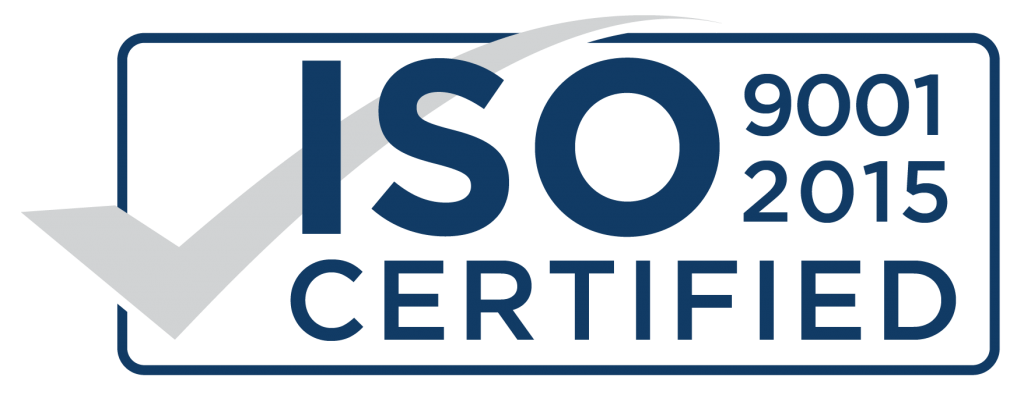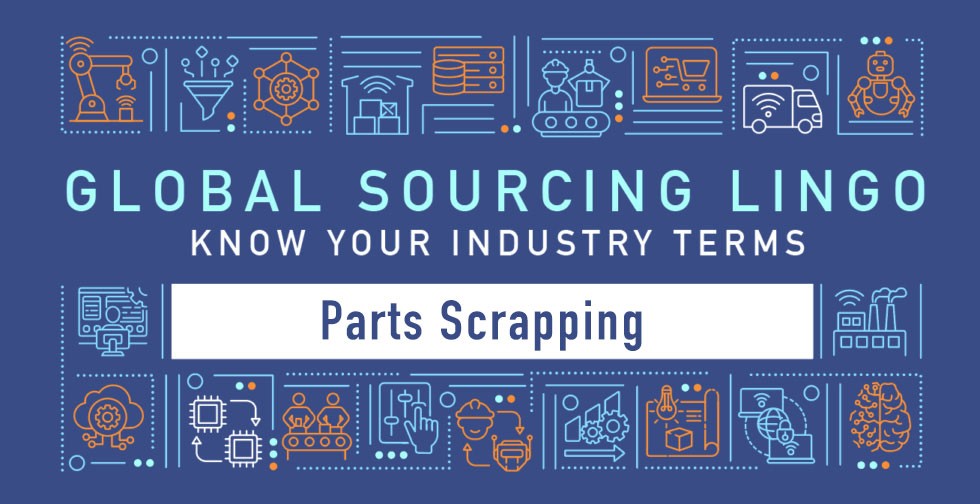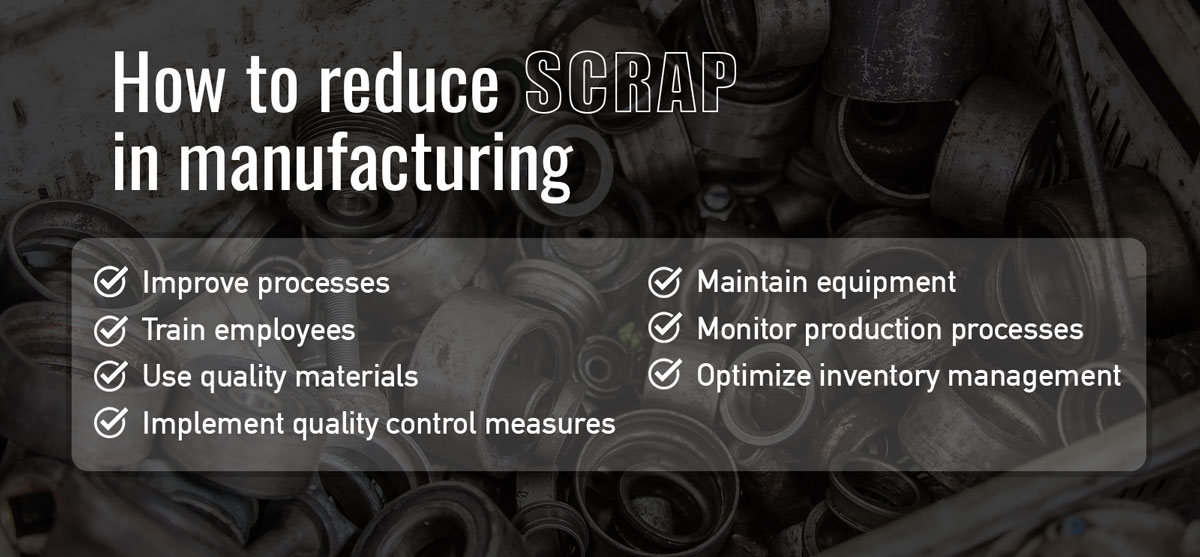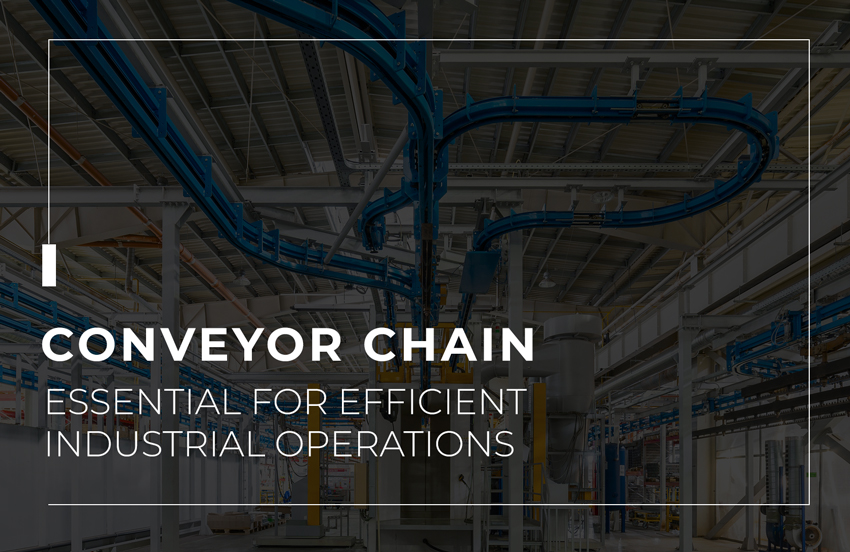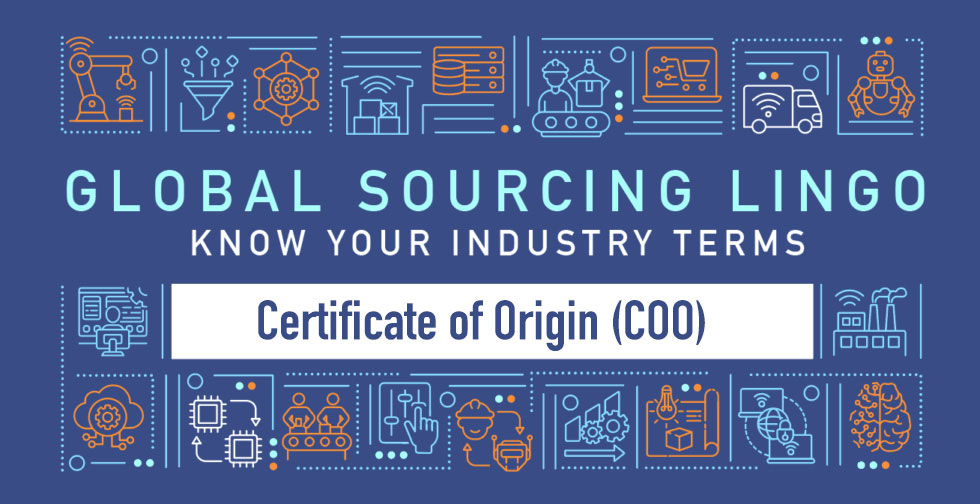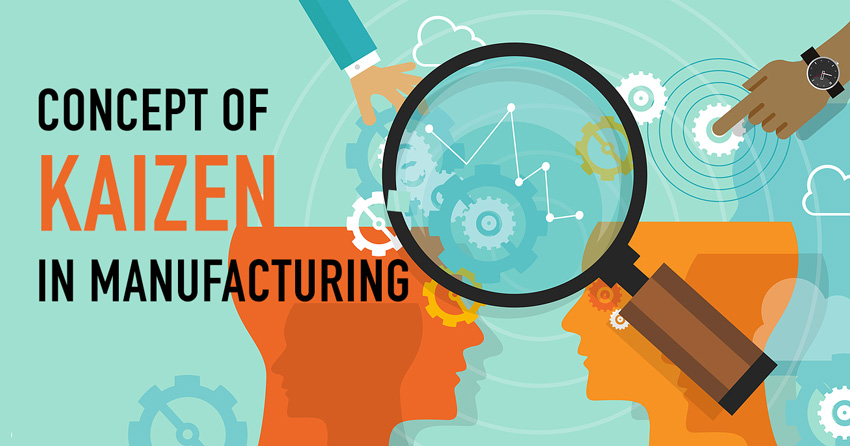What is “scraping” in industrial manufacturing
Parts scraping in industrial manufacturing refers to the process of removing or discarding products that do not meet the quality standards or specifications of the manufacturer. This can occur at any stage of the manufacturing process, from raw materials to finished goods.
Scrap can be generated due to a variety of reasons, such as defects in materials, errors in production processes, or failures in quality control measures. In some cases, products may also be scrapped due to changes in market demand or obsolescence.
The process of product scraping typically involves identifying the faulty or substandard products, segregating them from the acceptable ones, and disposing of them in a responsible manner. Scrap products may be recycled, reused, or sold as raw materials or spare parts.
The process of scrapping parts typically involves the following steps:
Identification
The first step is to identify the parts that are no longer useful or needed. This could be due to damage, wear and tear, or obsolescence.
Removal
The next step is to remove the parts from the equipment or machine. This may involve disassembly, cutting, or other methods.
Separation
The parts are then separated into different categories based on their materials. For example, metals, plastics, and electronics are often separated for recycling or disposal.
Cleaning
The parts may need to be cleaned to remove any contaminants or debris before they can be properly disposed of.
Disposal
The final step is to properly dispose of the parts. This may involve recycling, selling for scrap, or disposing of them in a landfill. It is important to follow all local regulations and guidelines for proper disposal.
Product scraping can have a significant impact on a manufacturer’s bottom line, as it can result in the loss of time, resources, and revenue. To minimize scrap rates, manufacturers often invest in quality control measures, process improvements, and employee training to ensure that their parts meet the desired standards.

Resourceful and innovative Marketing Pro, with 20+ years of progressive experience in the marketing and creative technology industry. Responsible for digital and traditional marketing efforts that promotes brand awareness, increases engagement, and drives revenue.

